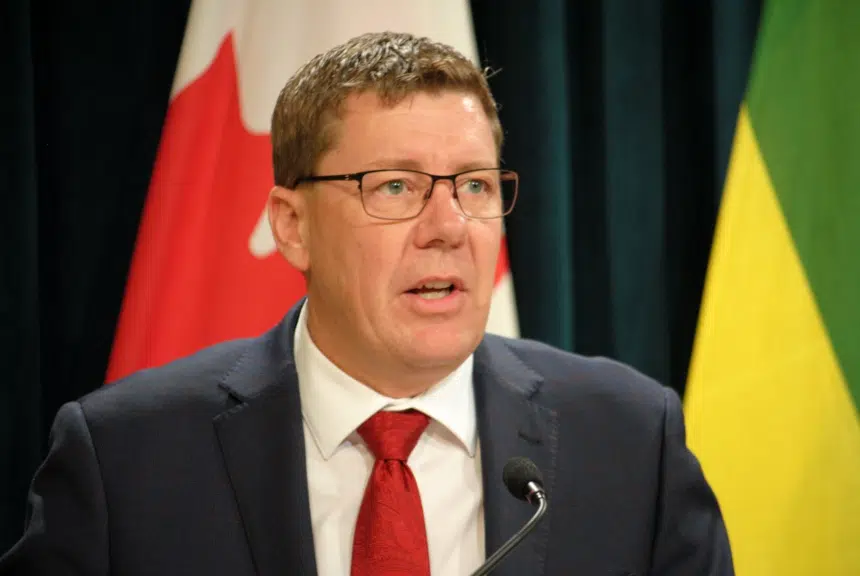Saskatchewan recorded Tuesday its lowest single-day total of new COVID-19 cases over the past seven days.
The provincial government announced there were eight new cases, bringing the total number of confirmed cases in Saskatchewan to 184. But that was the fewest cases reported in a day since March 24, when six were announced.
“Today’s number of new cases may be the lowest in a week, but it’s important not to get complacent with precautions for COVID-19,” the provincial government said in a media release.
“It’s as important as ever to stay home whenever possible, and to avoid close contact (a minimum of two metres) with others to prevent spreading the virus.”
Since March 24, the province has recorded 104 cases — 14 on Wednesday, nine on each of Thursday and Friday, 30 on Saturday, 22 on Sunday and 20 on Monday.
The government’s hope is that limiting the size of gatherings to 10, closing schools and non-essential businesses and encouraging people to stay home is going to reduce the potential spread of the virus.
The province has recorded two deaths since the pandemic began, both of which were reported Monday.
Four people are in hospital, down one from Monday’s total. Three people are receiving inpatient care in Saskatoon and one person is in intensive care in Regina.
Seven people have recovered since Monday’s announcement, bringing that total to 21.
Nine of the 184 cases are the result of local transmission, with the rest connected to travel or mass gatherings.
Of the total number of cases, 90 are from the Saskatoon area, 39 are from Regina, 37 are from the northern area of the province, nine live in the central region, six reside in the south and three are from the far north.
The age breakdown of cases comprises 83 in the 20-44 range, 64 between the ages of 45 and 64, 31 in the 65-and-over range, and six aged 19 and under.
To date, 10,216 COVID-19 tests have been performed in Saskatchewan. The provincial government said that’s the second-highest rate of testing per capita in Canada.
The government stressed that people who have been diagnosed with the virus, travellers who have returned from international destinations (including the United States) and anyone who has been exposed to someone with COVID-19 are required by the current public health order to self-isolate.
Residents are reminded to practise physical distancing, to cough or sneeze into their elbow, to wash their hands often with soap and water, to avoid unnecessary travel, and to use the government’s self-assessment tool if they have symptoms.







